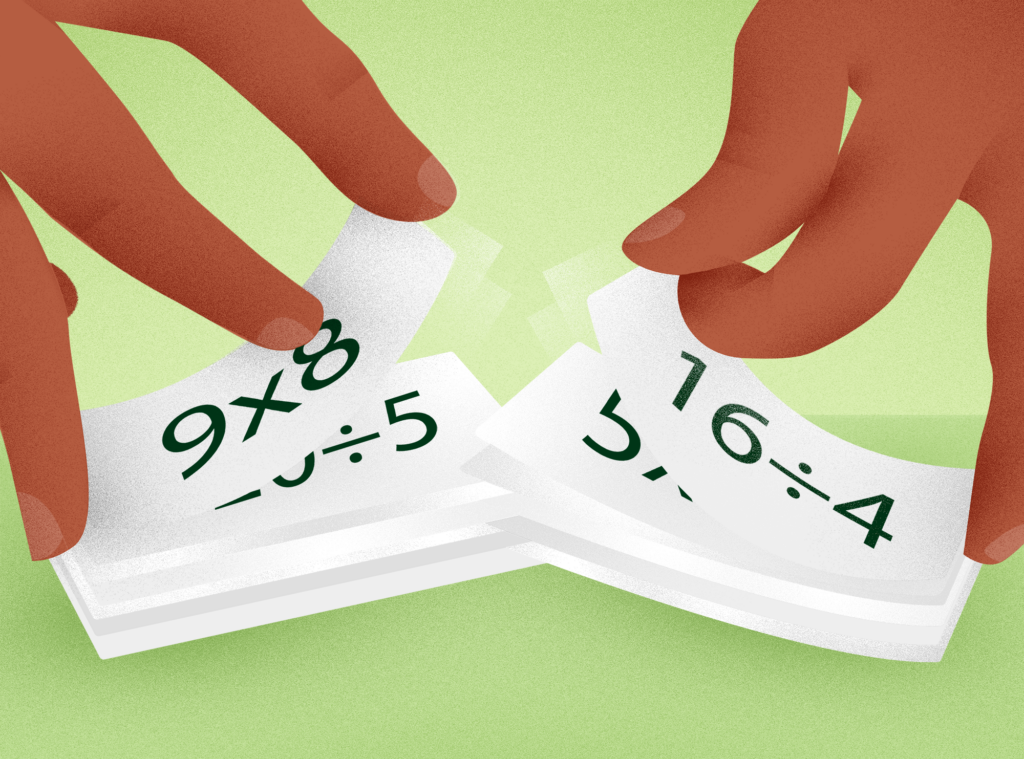
Today, I’ve asked Elizabeth Ligon Bjork to share her Tip of the Week. This is the first in a four-part series on learning.
When my children were young and wanted to play in the AYSO soccer league, I decided to train to be a referee. I took all the required classes, studied hard, and passed the written certification exam.
At my first match, dressed in my uniform, I strode into the middle of the field with the players all gathered around—and suddenly realized I couldn’t recall how to start the game.
I’m sure you’ve had a similar experience, say, thinking you were well prepared for an exam of some kind only to have your mind go blank during the test. These surprises reflect the important distinction between learning and performance: We can know how to do something in one context, then have difficulty later in a different environment.
Research shows that doing well during practice under constant and predictable conditions can make us think we’re learning—but that’s often not the case. For example, students who do worksheet after worksheet of multiplying fractions will probably get better at solving that type of problem. But when it’s time to take a test that includes a mix of different kinds of problems, they won’t necessarily recognize what they need to do.
Lasting learning requires incorporating desirable difficulties into training—that is, making things hard on yourself but in good ways. Worksheets, for example, can contain various types of math problems, including ones taught in earlier units. Although the rate of learning may seem slower, this kind of practice improves future performance in a more reliable and versatile way.
Don’t think that performance during practice is the same as learning.
Do help young people take on challenges when they practice, shuffling flashcards or changing up the format on worksheets. It may feel harder in the moment, and they may doubt their progress. But reassure them that when it comes to learning, difficulty is desirable.
With optimism and encouragement,
Elizabeth
Elizabeth Ligon Bjork is a research professor in the department of psychology at the University of California, Los Angeles.
